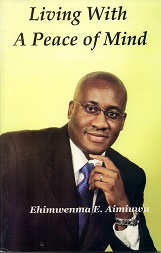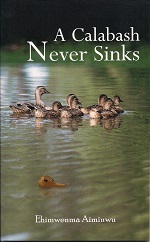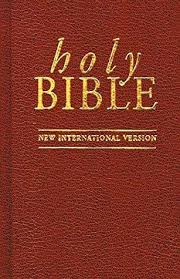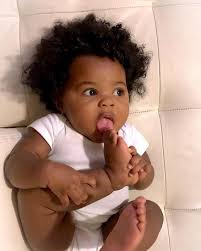
There are three main societies in the Oba’s Palace namely Iwebo, Iweguae and Ibiwe. Each society occupies its own section of the Palace and entry into it is by special initiation usually lasting seven days. They were established during the reign of Oba Ewuare the Great in the 15th Century. In the 16th Century, two Obas, namely Esigie (1504 A.D.) and Ehengbuda (1550 A.D.) carried out reforms in Iwebo and Iweguae societies respectively.
Iwebo, the most senior society takes charge of the royal ward-robe and regalia, making and repairing the coral bead garments and ornaments used by the Oba on ceremonial occasions. In the past, this society used to oversee financial matters, trade and commerce. With the exception of Oloton, all the other six members of the Uzama have to be initiated into lwebo society as nominal members before they can assume their titles. The Oba’s eldest son on being initiated into it, has to attain the rank of Uko N’Iwebo (like every other member aspiring to a Chieftaincy title) before he is formally conferred with the title of Edaiken of Uselu.


Iweguae is the centre of all the Palace activities and is next to Iwebo in seniority. Occupying the central position, this section of the Palace is the residence of the Oba and, therefore, its members provide him with his personal and domestic services. It is only after his coronation that the Oba can enter into lweguae and stay. Chief Oloton is the only other Uzama who is a nominal member of this society.
Ibiwe is the third society in the Palace and its duty is to look after the Oba’s harem; the welfare of his wives and children. In this regard, As in the case of lweguae, the Oba can only enter this section after his coronation when he has to inherit all the assets and liabilities.
Other Palace societies and guilds include lwegie, lwehen, Ebo and Ewaise (the royal physicians and diviners), Ihogbe (the worshippers and recorders of the departed Obas), Efa (the sanctifiers and purifiers of the royal homes), lguneronowon (the brass-smiths), Igbesamwan (carvers and carpenters), Ogbelaka (the Cards), Avbiogbe (commissioners of lands and constables who also ring bell and make important announcements), Eben (who inter the remains of a deceased Oba), lsienmwenro (public executioners), lkpema and lkpemaba (drummers), lkpeziken and lkpakohen (fife-players ‘ ), lsekpokin (fan and leather box makers), Emehe of Urubi (royal carriers who must always carry loads on their heads before seeing the Oba and Irhema (the bearers of sacrificial victims) .





